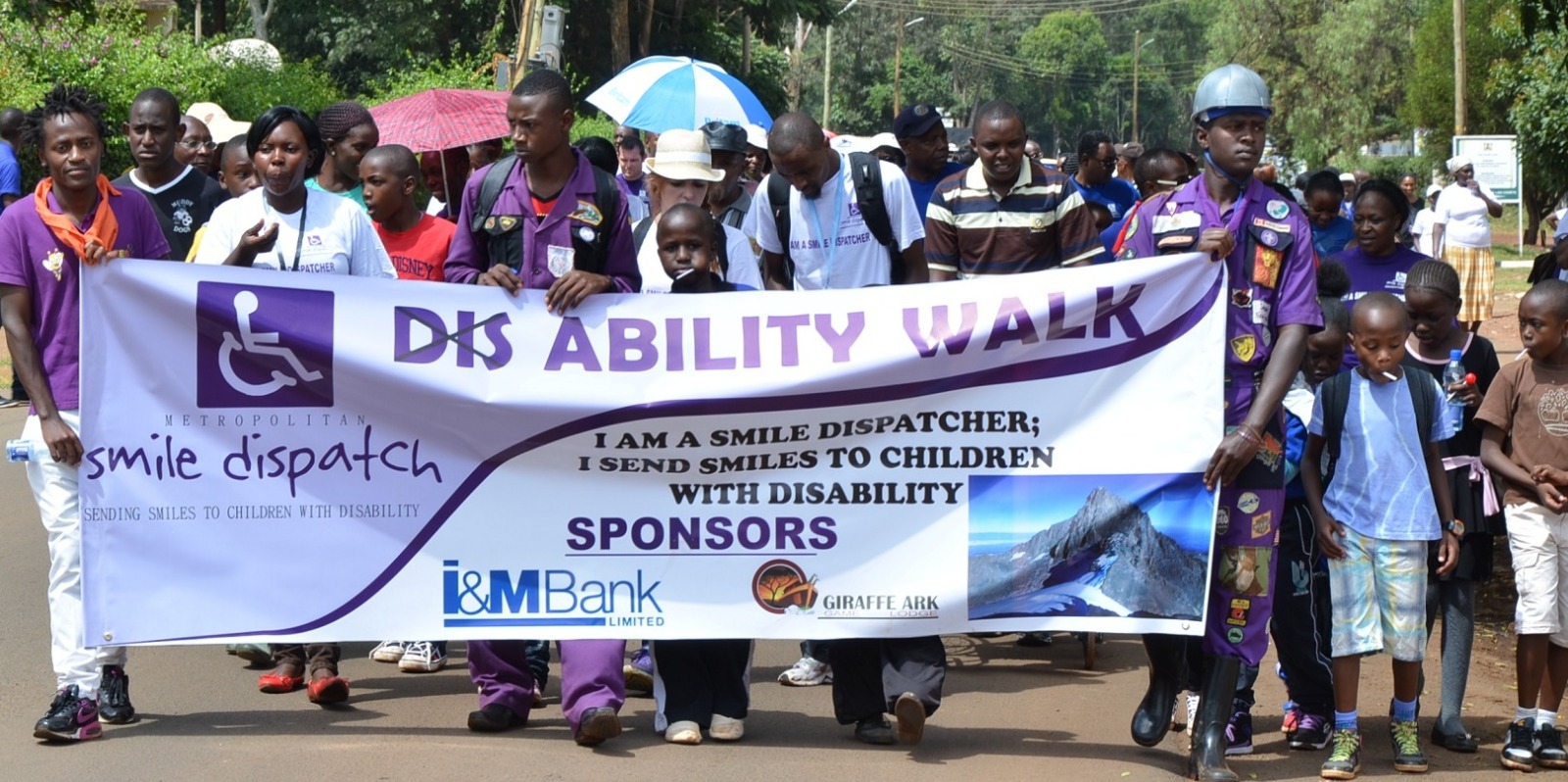

A new report has stated the six steps that should be taken to improve the lives of people living with disabilities.
The report is aimed at helping development projects around the world be more inclusive and beneficial for people with disabilities.
It has been released by the Inclusive Futures consortium led by Sightsavers and the International Disability Alliance (IDA).
The six steps are highlighted as:
1. Be ambitious – build inclusion into every phase
2. If it’s not working – change it!
3. Shatter stereotypes and break down barriers
4. Collect precise data and track your spending
5. Capture changes and tell your story
6. Don’t try to do it alone – form partnerships
Sightsavers Kenya Country Director Moses Chege said by adopting the principles, people could help change the lives of millions of people with disabilities.
“If not, many will continue to be trapped in poverty," he said.
“To drive change at the scale needed to reach up to 16 per cent of the world’s population, we now need professionals working across the global development sector to put what we’ve learned into practice."
From 2019 to 2023, the Inclusive Futures consortium – which is made up of 20 development and disability rights organisations implemented 12 projects in Bangladesh, Kenya, Nepal, Nigeria and Tanzania.
It gathered evidence on what succeeds, what falls short, and the underlying reasons, to create inclusive development programmes.
Drawing on the lessons learned from this extensive on-the-ground experience, the consortium formulated the six key principles to help transform the way the development sector approaches disability inclusion.
In Kenya, the Inclusive Futures consortium has been working alongside local Organisations of Persons with Disabilities (OPDs) and communities to put these principles into practice.
With the International Day of Persons with Disabilities to be marked on December 3, the release of the ‘Driving Change’ report comes at a critical time.
This is as the global development sector works to fulfil the mandates of the UN Convention on the Rights of Persons with Disabilities and the Sustainable Development Goals, which explicitly recognise the importance of disability inclusion.



